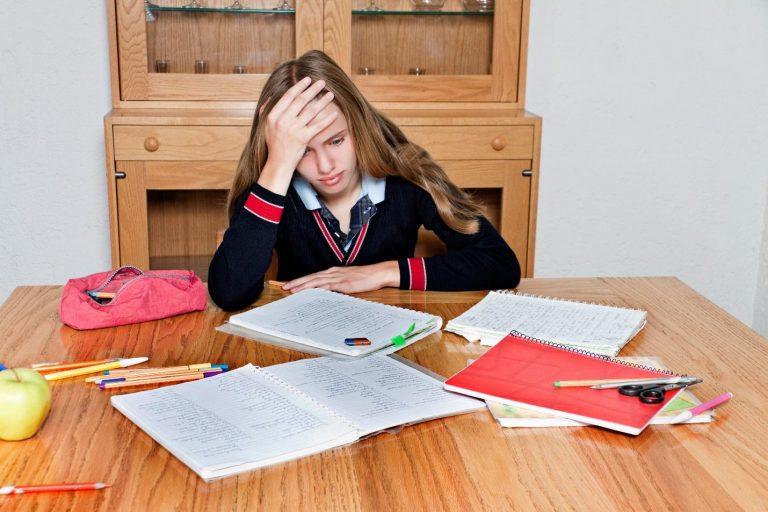A learning gap refers to a discrepancy between what a student should have learned by a certain stage in their schooling and what they have actually learned. There are several types of learning gaps. If your student has a knowledge gap this means they have not retained critical information.
There are many reasons students have gaps in their knowledge. Sometimes this is due to absences from school or disruptions to learning. Numerous studies have found that COVID lockdowns have had long-lasting effects on education levels. Gaps can also be a sign of deeper learning issues.
Knowledge gaps often increase over the holidays because students are not revising and consolidating information. As a result, they may forget what they’ve learned. It’s important to address gaps as quickly as possible.
The great news is that a tutor can find and fill learning gaps to ensure students have the skills and knowledge they need to achieve their best.
Identifying Learning Gaps
While teachers do their best to identify and address learning gaps in class, they are limited by the number of students they are required to help. Disruptions over the last few years have made their job even harder as more students have fallen behind and need assistance.
In contrast, a tutor can focus solely on each student to assess their understanding and knowledge. They have the tools to determine the source of a knowledge gap and to come up with strategies to address it.
Some of the methods used to identify knowledge gaps include:
*Review of students’ reports and standardised test results
*Focused assessments to determine each student’s knowledge and skills
*Targeted questions and observation
*Discussions with parents
Filling the Gaps
Once a tutor has assessed the extent and source of a knowledge gap, they will come up with a personalised learning plan to address it. This includes appropriate resources for learning and revision, topic summaries and knowledge organisers.
Many students benefit from visual organisers which outline the required knowledge so they can check their own progress. A tutor can help with this valuable practice which builds metacognition. The tutor will set clear expectations and give students the resources to practice and revise in their own time.
Once a student has mastered a topic, a tutor will review their learning before moving on to the next topic. This last step is essential for consolidating knowledge and it’s often missed in class as teachers are dealing with a wide range of abilities. Tutors can revise a subject as many times as necessary to ensure knowledge is retained.
A tutor will not only make sure your student has retained the required knowledge, but they will also help them understand why they need this knowledge and what the next step will be. When students recognise the purpose of learning and have a roadmap for the future, they are more likely to be motivated and confident.
Gaps in learning can be serious and require immediate attention. Arrange an assessment for your student today.




